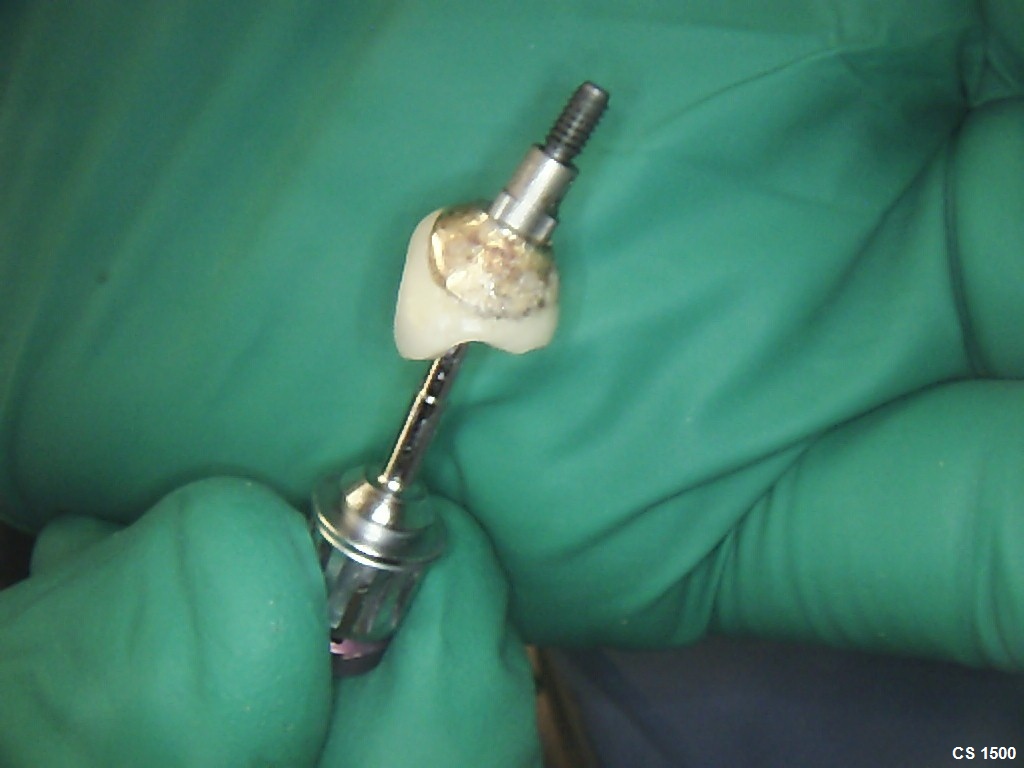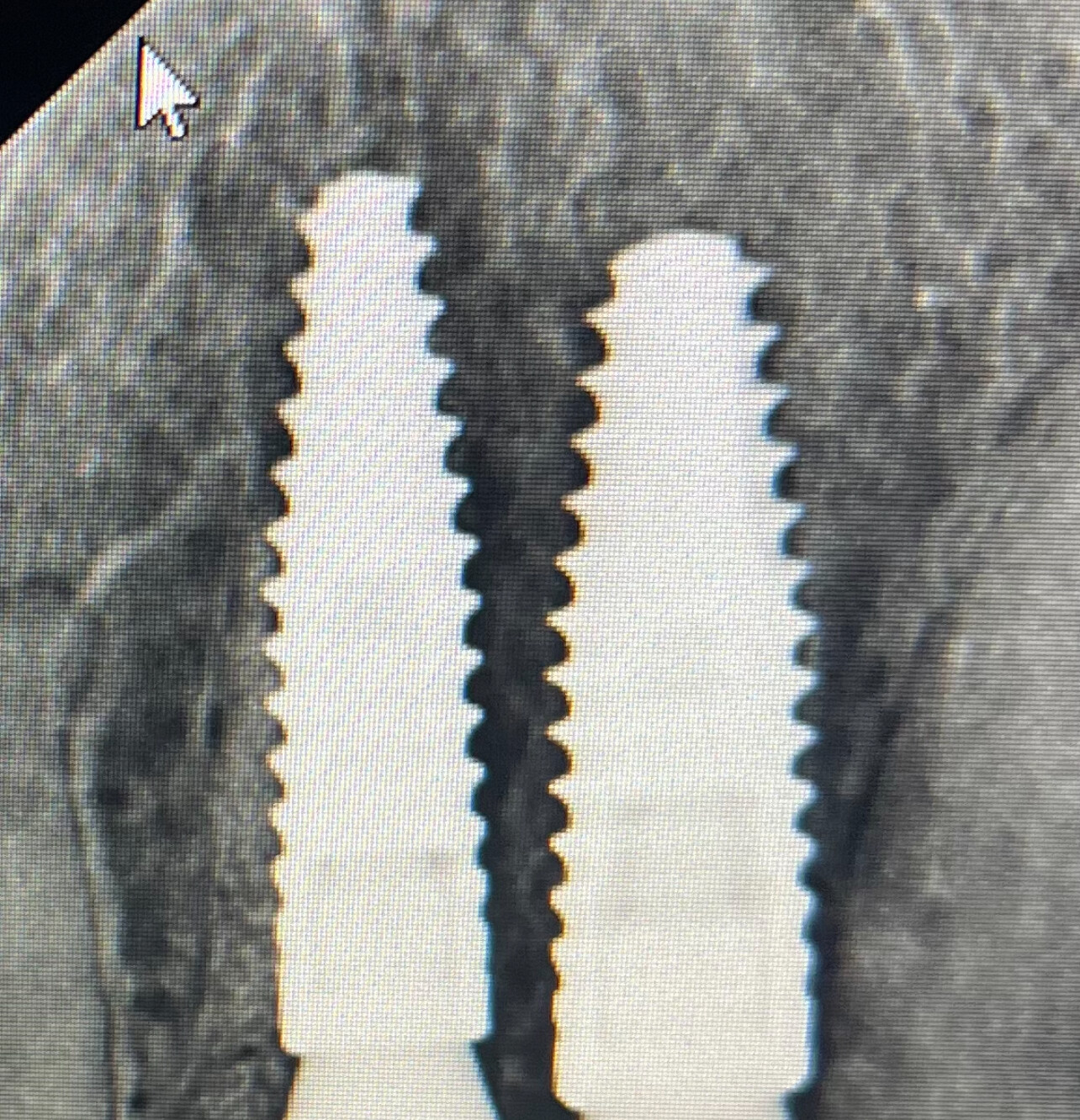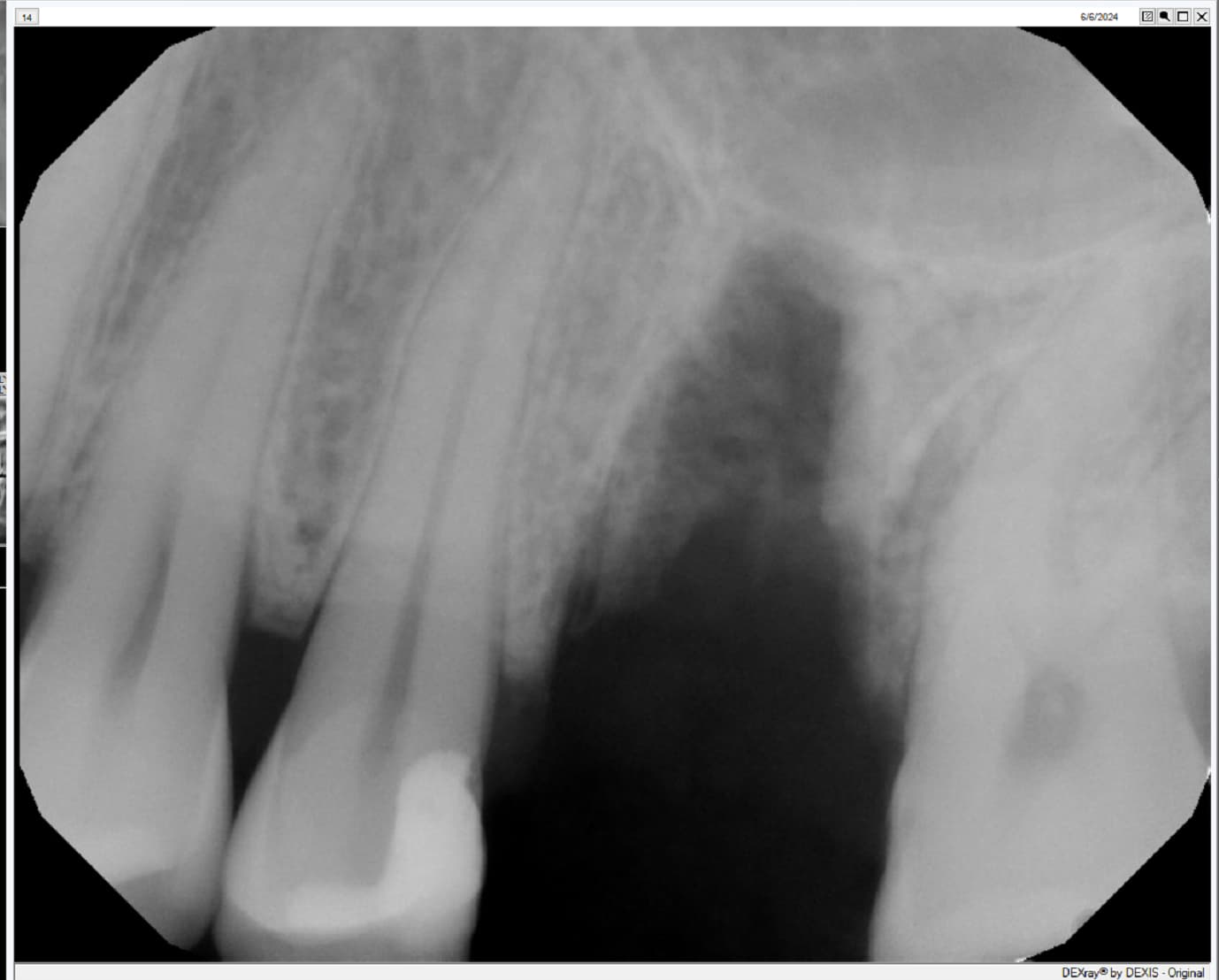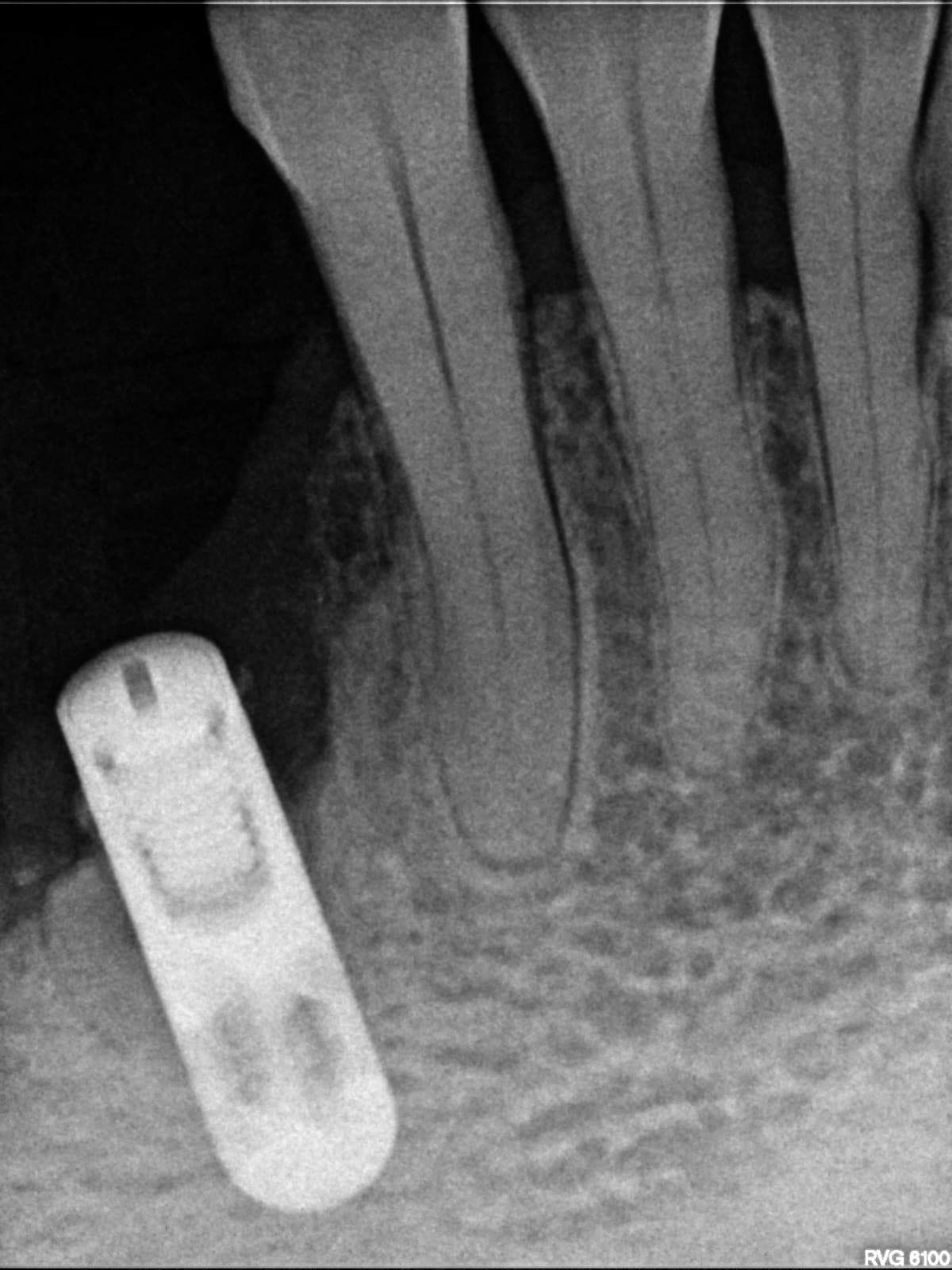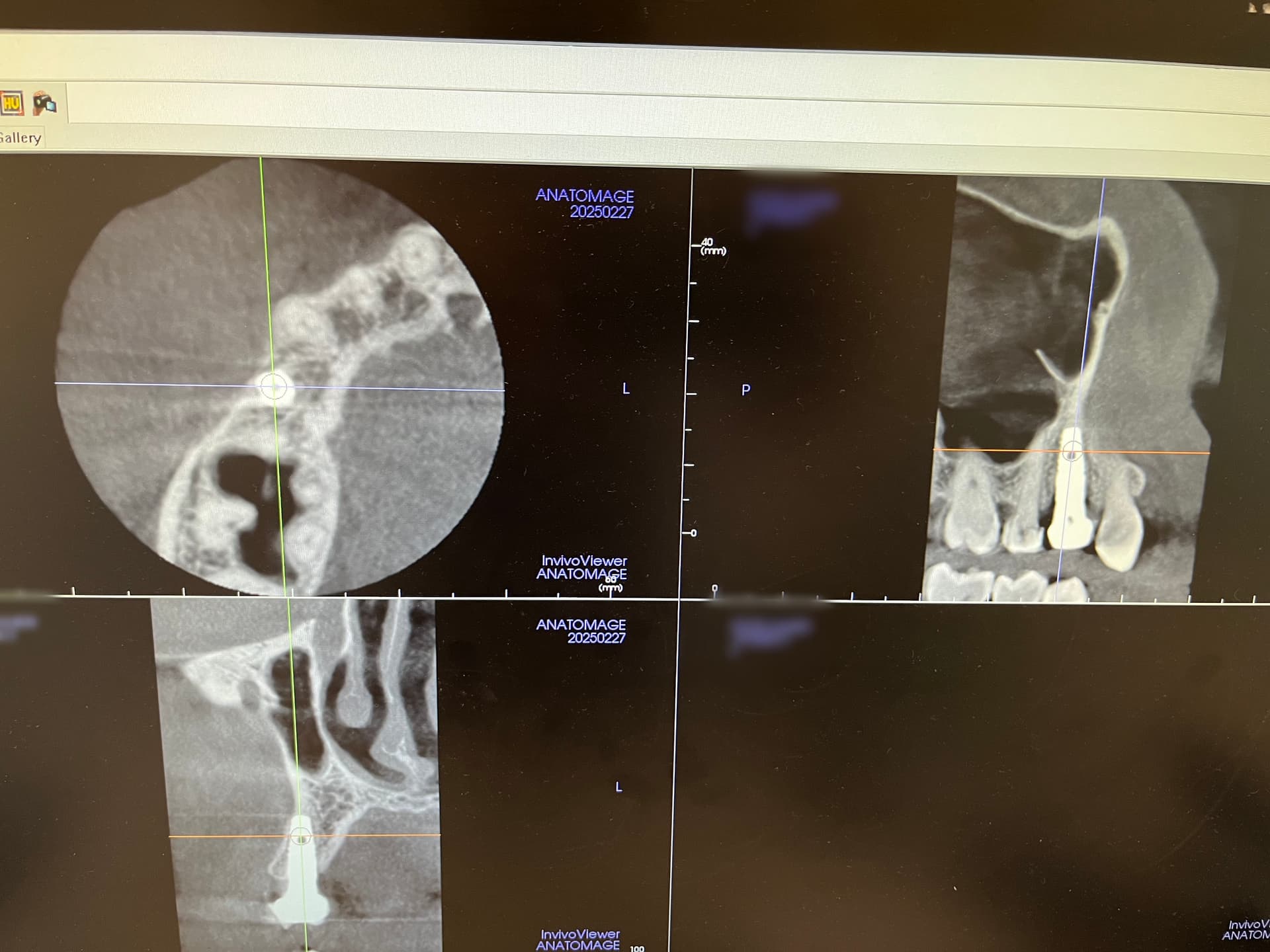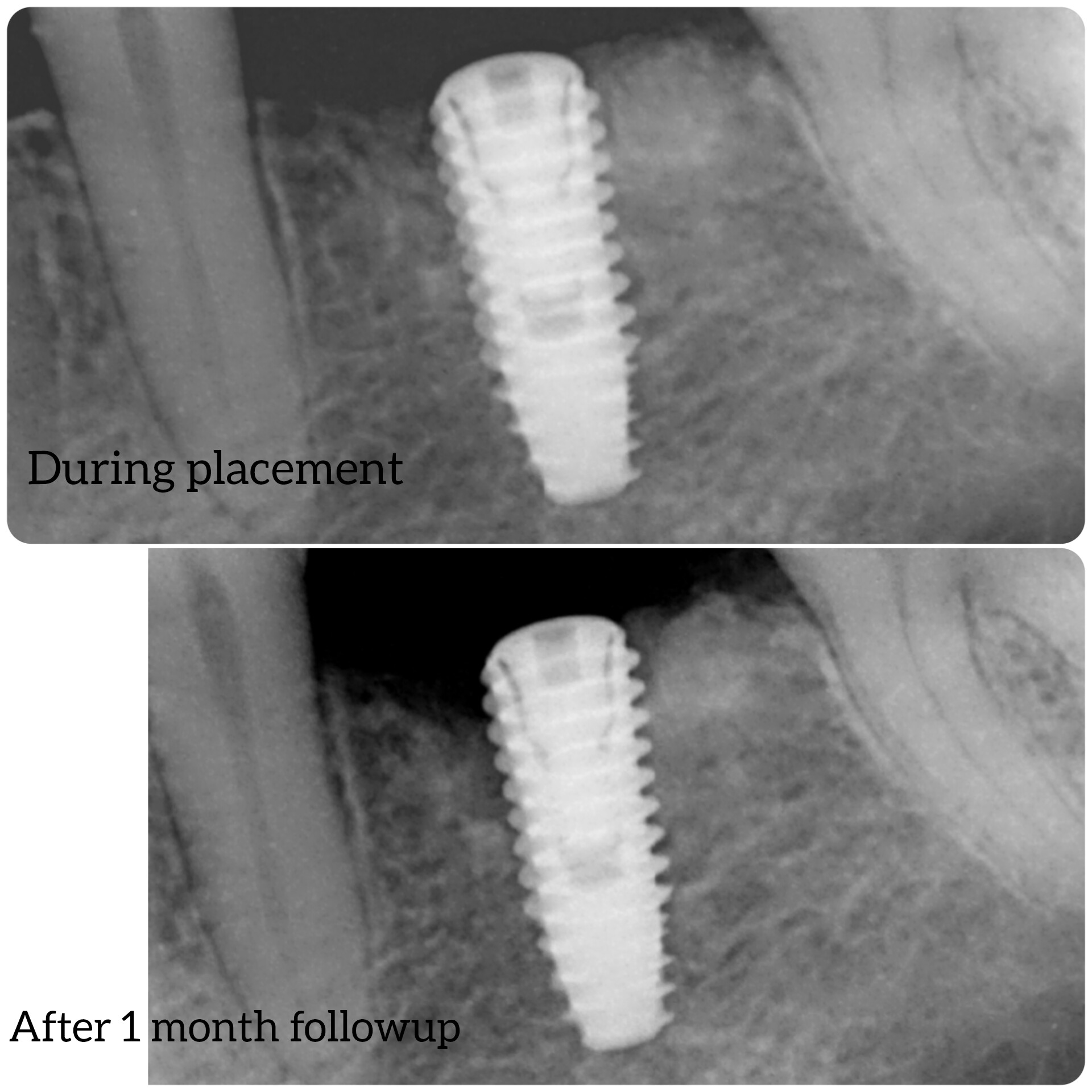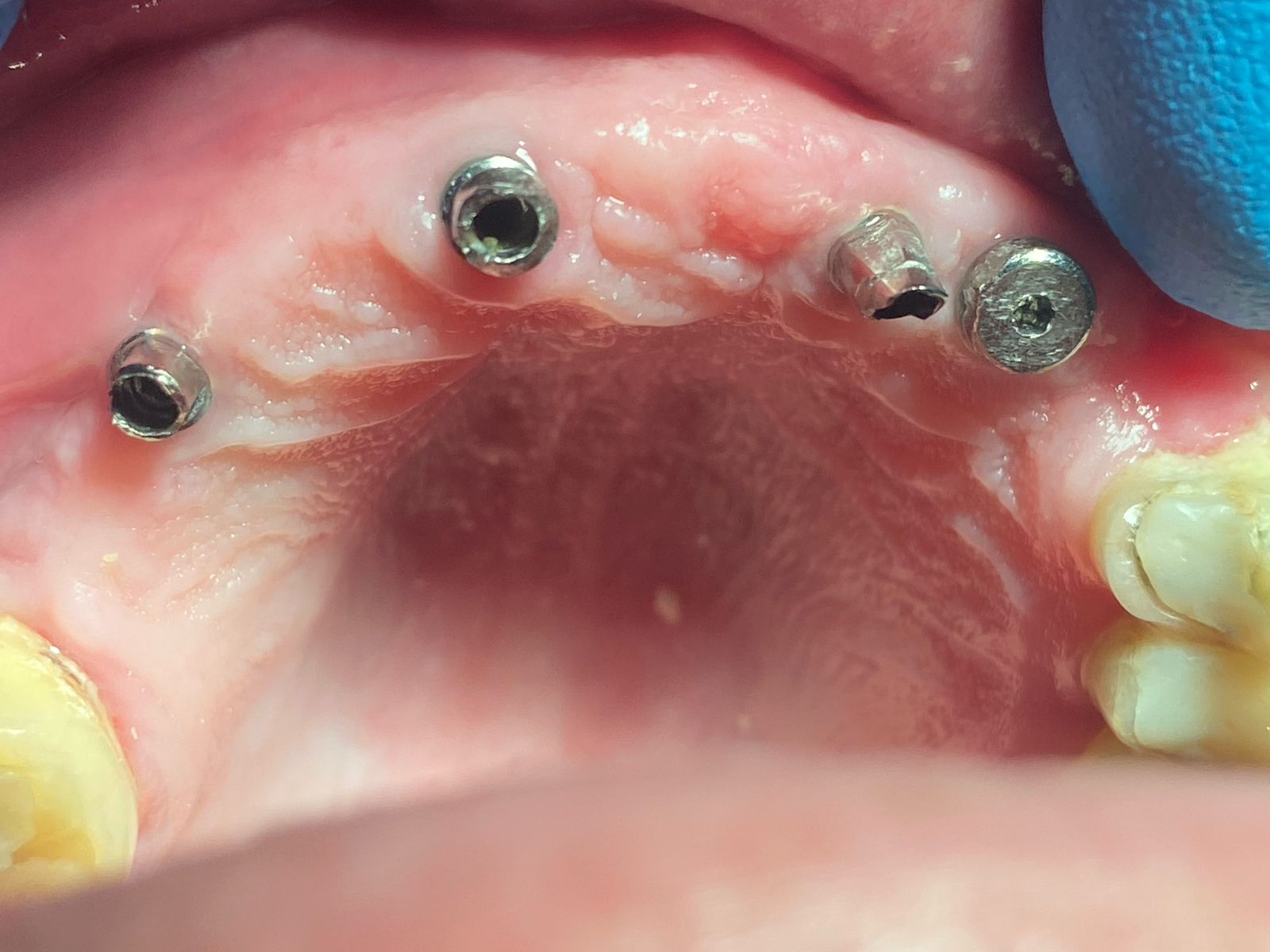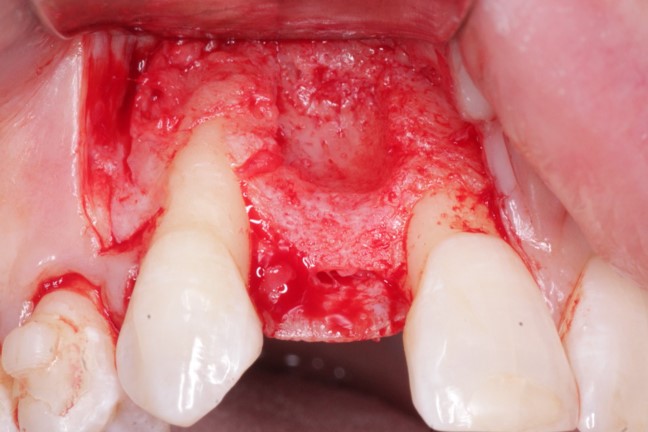Narrow Diameter Implants for Long Term Use: What does this really mean?
I am considering doing narrow diameter implants in the mandible to stabilize overdentures. Most of the more progressive offices in my area do these routinely to retain mandibular overdentures. What I have heard from them is the procedure is simple and dependable. Pick the cases well and follow the protocols. What I understand is that some narrow diameter implants are approved for ‘long term use’. But, what exactly does this mean? Does this mean the same thing as ‘permanent’? Does this mean that I will have to remove these implants and replace them some day? What happens if the patient develops problems after some years and claims these were only for ‘long term’ use?
20 Comments on Narrow Diameter Implants for Long Term Use: What does this really mean?
New comments are currently closed for this post.
CRS
5/13/2013
I'm not sure on the term approval(FDA ) but the surface will allow osteointegration for " long term use. I just don't like the quick fix and time will tell how many of these implants are still functioning 8-10 years out. I also don't like one piece implants since the applications are limited. Each much choose how they will practice. Thanks for reading
sergio
5/14/2013
Use of small diameter or mini implants on lower denture simply works.
With proper training and experience, it is very valuable procedure you can perform.
ONe piece implants do have limit when it comes to prosthetic options.
Upside is that you hardly get any bone loss associated with bacteria trapped in microgap between an abutment and implant.
On upper denture, it's a different story...
CRS
5/14/2013
Good insight will look into it for mandible thanks
D. Kevin Moore
5/14/2013
You might want to read this article. Otherwise, my best suggestion is to watch your occlusion on your prosthesis.. i.e. make it as shallow as you can and watch for non contact interferences.
IRWE
5/15/2013
I have been placing mini dental implants to stabilize lower dentures for a while. I have many cases going on 10 - 12 years now. Case selection is a key element to success.
Dr Bob
5/15/2013
Small diameter implants work well for the purpose that you asked about. These are real implants with the potential to cause the same types of injury that the wider diameter implants can cause. Take a course that is particular to the small diameter implant that you intend to use as they are not all the same. Some of these "mini implants" if placed in the same fashion as the larger diameter implants will fail at about a 100% rate. If used with careful case selection and control of forces expect them to last as well as the larger diameter implants. This type if implant has been around for far longer that 10 or 12 years.
CRS
5/15/2013
I believe that the mini implants are only FDA approved as a temporary device that's how the approval was obtained so I guess it is an off label use.you may want to consent the patient as such to be safe
sergio
5/15/2013
I get this question all the time even from experienced docs..
They are approved for long term or on going term.
They are even approved for fixed applications again , on ongoing basis.
It's not hard to find the approval.
I had one doc who was spreading to some patients I have treated that these minis weren't approved ...etc..
It is frustrating to deal with a few angry patients because of some uninformed or intentionally idiotic docs.
CRS
5/15/2013
Just a comment from an "idiotic" doc,if you carefully read the 510 approval it states nothing about osteointegration. If you present these minis as osteointegrating could could get into trouble.Now I'm not a patent attorney but I know 510 approval just states that it is not harmful and there are similar devices on the market. What does long term use really mean,are there studies on osteointegration? I feel it is always prudent to be cautious . The original poster has a very good point and perhaps the angry patients were promised something different. I could see a need for these in compromised patients with the understanding that they have not been tested for osteointegration and may fail.There certainly can't be any harm in being honest with the patient and prudent in reading the FDA approvals Thanks for reading
sergio
5/15/2013
My goodness, on top of FDA's approval ( which doesn't mean much other than legal standpoint when in trouble ), you now need it to say it " osteointegrate"?
You feel cautious towards using bigger implants? Why not ? because FDA said it " osteointegrates"?
Some of these knowledges come from experiences and some from what we already know..
Just because you haven't been doing these procedures for the past decade, doesn't mean that a patient has to get denied or fed with speculation without valid experience or studies.I hear more and more from some docs that " according to countless studies, these mini implants fail a lot more than .... " And yet if you search for any articles that demonstrate such large failure rate of minis, you won't find any..
You will , however, find many that state " mini implants could be used as an effective solutions for ...etc " in conclusion.. although there is always a disclaimer at the end saying " further research is needed...."
Minis work just as well as reg implants if treated right and right patients get trated with them. Blinded hatred or suspicion towards these merit no one. Especially not patients who could get implant tx and start chewing finally without blowing $ 20000 per arch.
CRS
5/16/2013
Based on your statements, not blind hatred or suspicion, I personally feel that the minis are not the same as a regular implant due to lack of proven osteointegration and I feel that the patient should not be "denied" this information when selecting treatment.. They have a limited application and should be used judiciously. Your reply seems to me to be very colorful yet defensive.
sergio
5/16/2013
I didn't know informinig others can be viewed as being defensive.
There are many out there who make lots of statement about minis ( or anything ), when they haven't done any tx using minis.
You don't happen to be one of them, are you?
CRS
5/16/2013
I honestly don't think my comments have been understood about osteointegration and I feel that you are too busy defending your position . I have not found it necessary to use minis since the patients I treat are grafted and more conventional implants are placed which osteointegrate. The original question posted is what is meant by long term use and approval. I brought up the point that it is doubtful these implants osteointegrate that and that the 510 approval is based on the fact that similar implants are in the market place and do no harm. That's all.
Richard Hughes, DDS, FAAI
5/16/2013
Mini implants have a place in implant dentistry. However the true applications are limited. Just because the FDA gives it an approval, it does not mean its a panacea. Remember the FDA approved thalidomide.
drb
5/16/2013
Equating the types of applications for a procedure, with the potential of the procedure to help patients is misleading. So while it maybe true that the "true applications" are limited for minis (and I don't necessarily agree with that contention), the number of patients who can benefit from even from these limited "true applications" is enormous, especially during times of economic difficulties.
sergio
5/16/2013
Hooray..
finally some one says it right.
sergio
5/17/2013
As usual,
I come to the same place arguing with some here.
Excuse of not having used minis is " I haven't found it necessary to use minis since the patients I treat are grafted and more conventionalmplants are placed...".
When are you going to actually understand only small portion of people are able to afford implant dentistry suffering loose dentures due to the high cost etc?
It's not about YOU finding it necessary.
We should be able to offer other options if exist to help more.
Please don't tell me minis don't work when it's obivious that you haven't placed any minis in the past.
In my hands, minis have been serving many patients who would have suffered with non retentive dentures without taking out second morgage to pay for it.
CRS
5/17/2013
It's not about me or economics it is about osteointegration, I did not say they did not work or you should not place them. I actually perform donated dental services so I don't get the comment about second mortgages, anyway I just think a distinction should be made that when advising a patient that these minis may not integrate. And I like to offer the patient what I feel in my hands is optimal if medically and clinically feasible not necessarily based on economics. I am skeptical that the 510 and FDA approval was based on skirting around the osteointegration issue, need to see how this plays out if the minis start claiming osteointegration, I am in no way an expert in this one. Thanks for reading, controversial posts are always good.
drb
5/17/2013
I am curious, CRS: how exactly do you define osseointegration (mathematically/scientifically speaking)?
CRS
5/17/2013
Good question, now this is way above my paygrade but here goes. When I state osteointegration I mean that there is a direct connection between the implant and bone with no connective tissue in between sort of like an anklylosis vs a fibrous union. So basically the implant is fused to the bone, no movement. I believe that while the osteointegration process is occuring there should not be any micromovement. An implant is most stable at initial placement mechanically and this changes over at 6-8 weeks when the stability is gained by bony ingrowth. I'm totally going with clinical parameters since I only read research. Now I have a question since some minis have osteoconcuctive surfaces could they integrate faster since they have a smaller osteotomy and more surface area? The problem I feel with an exposed and immediately loaded mini is that there will be micromovement to give a fibrous union. So my discussion is that if there are published studies on minis osteointegrating will this violate the FDA approval? I really don't know I'm relying on my experience with fractures and orthognathic surgery.










